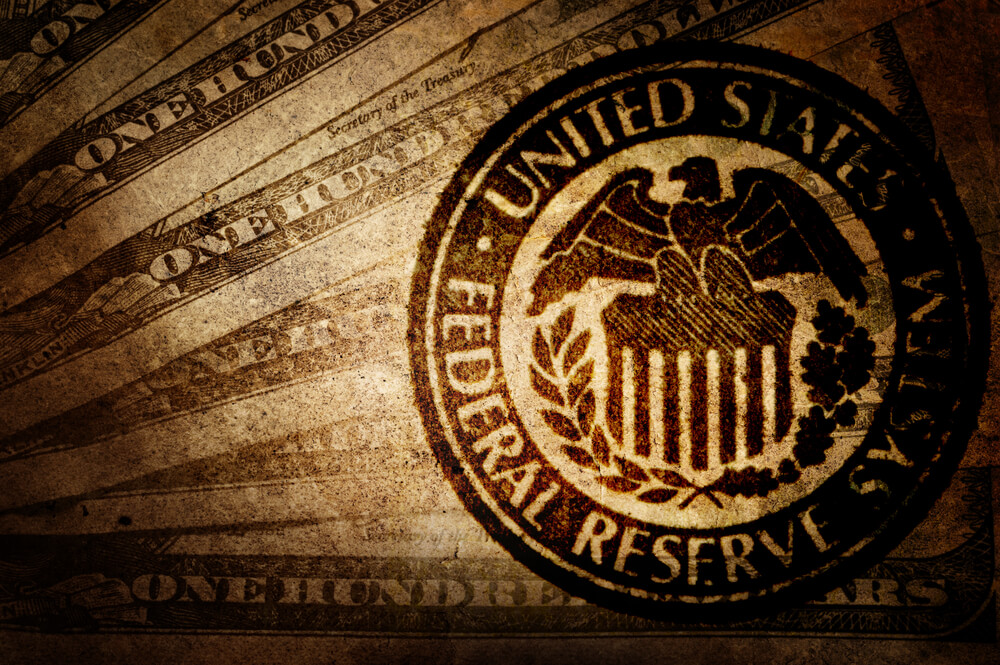
The conflicting position with the Fed
Powell was speaking during a confirmation hearing before the Senate Banking Committee on Tuesday, Jan.11. It addressed key economic and financial issues, including a promise to reduce the Fed's capital injection into the market and a rise in interest rates. Cryptography inevitably came up too, and while the Fed was mostly anti-crypto, Powell gave a glimmer of hope about the future of the industry in the US.
Senator Pat Toomey asked Powell, “If Congress were to authorize and the Fed were to pursue a central bank digital dollar, there is something about this that should preclude a well-regulated, privately issued stable currency from coexisting with a digital dollar. of the central bank? "
"No, not at all." Powell, who was recently nominated for a second term at the top of the Fed by President Joe Biden, told the Senate.
Powell also revealed that the Fed is nearing the release of its report on digital currencies and CBDCs, a report that has been coming for months. In July last year, the Fed said the report would be ready by September. However, it was pushed forward again and despite promises that it would be released before the end of the year, it wasn't.
Powell told the Senate:
“We couldn't get it right where we needed to take it. Powell said of the delays in the report. But it is actually there now, it is within a few weeks [that] we will publish it ”.
Will Fedcoin put an end to stablecoins?
While Powell claimed that Fedcoin would exist alongside regulated stablecoins, this relationship would be far more complex than he has led to believe.
By nature, a CBDC is a digital representation of a fiat currency in a 1: 1 ratio. Fedcoin, as such, would be a digital US dollar. Stablecoins are no different, at least in theory. Take Tether for example - it's a digital representation of the US dollar, allegedly backed by an equivalent amount of dollars in the bank (or other easily convertible assets, as we recently discovered).
The only difference between Fedcoin and Tether would be the broadcasters. And when you take into account the trust issues facing Tether, it's easy to see why Fedcoin could occupy a portion of Tether's market share.
But that is not all. A November report from the President's Working Group on Financial Markets recommended that all stablecoin issuers should be regulated like banks. This would subject Tether to the same rules that banks like JPMorgan adhere to, and with Tether's shaky business structure, this could prove nearly impossible.
It would be safe to assume that current stablecoins like Tether would face a huge blow, some may even have to leave the US market. It would also see banks like JPMorgan issue their own stablecoins to fill the void.
As banks try to catch up with the market, Fedcoin would have plenty of time to establish itself in the market.
